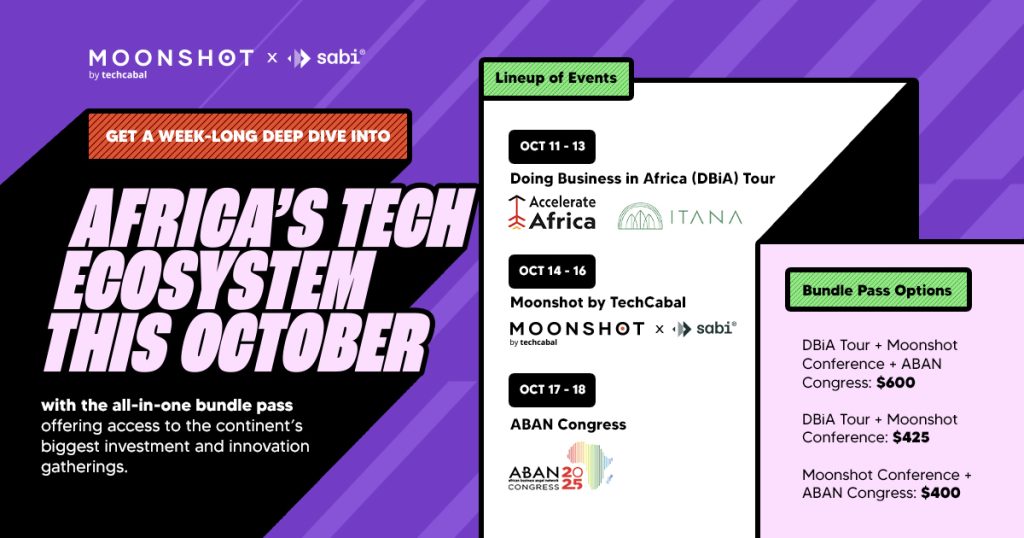Here’s the rewritten article:
Banking Barriers Persist: UBA’s Braille Initiative Falls Short for Visually Impaired Customers
Two years after United Bank for Africa’s groundbreaking introduction of braille account opening forms, blind customers report continued challenges in accessing basic banking services. The initiative, launched in June 2023 as a first for Nigerian banking, has failed to deliver on its promise of financial inclusion.
Despite the high-profile launch featuring musician Cobhams Asuquo and bank executives at UBA’s Lagos headquarters, investigations reveal most visually impaired customers have never encountered the braille forms. Many continue to face discriminatory practices, from mandatory sighted companions to denied ATM access.
Systemic Barriers in Banking Access
Recent interviews with over a dozen blind UBA customers across Nigeria paint a picture of persistent accessibility challenges. Eja Eji, who opened an account in Nsukka in 2024, had never heard of the braille form option. Similarly, Olapade Olorunwa, despite opening two accounts since the form’s launch, was never informed about this accessibility feature.
The problems extend beyond account opening. Customers report facing additional hurdles unknown to sighted clients, including:
– Mandatory court indemnity forms for ATM card access
– Requirements for joint accounts with sighted individuals
– Outright denial of banking services
– Hostile treatment from staff
Business Impact and Personal Dignity
These restrictions have real-world consequences. Cherish Nnenna’s POS business in Nsukka suffered after being denied an ATM card, forcing her to switch to fintech alternatives. Others, like Okpala Chidebere, faced demands to open joint accounts with sighted relatives, compromising their financial independence.
Industry-Wide Challenge
The issue isn’t limited to UBA. Customers report similar experiences across other major banks:
– Union Bank’s Ogbomoso branch refused ATM cards to blind customers
– First Bank branches demanded court indemnity forms
– Zenith Bank’s Onitsha branch rejected thumbprint identification
– GT Bank customers faced hostile treatment from security personnel
Regulatory Framework vs. Reality
While Nigeria’s Discrimination Against Persons with Disabilities Act (2018) and CBN guidelines protect blind customers’ rights, implementation remains weak. The CBN requires 2% of ATMs to have tactile features, but compliance is low despite potential ₦1 million fines per non-compliant machine.
Moving Forward
With over 7 million blind persons in Nigeria, the banking sector’s failure to provide accessible services represents a significant gap in financial inclusion. While UBA’s braille initiative marked a promising start, disability rights advocates argue that meaningful change requires comprehensive staff training and system-wide reforms rather than isolated initiatives.
As disability consultant Olamide Daniel notes, “The braille form doesn’t bring independence like the bank claims. They should first solve issues like the indemnity form and refusal to accept thumbprints before talking about independence.


